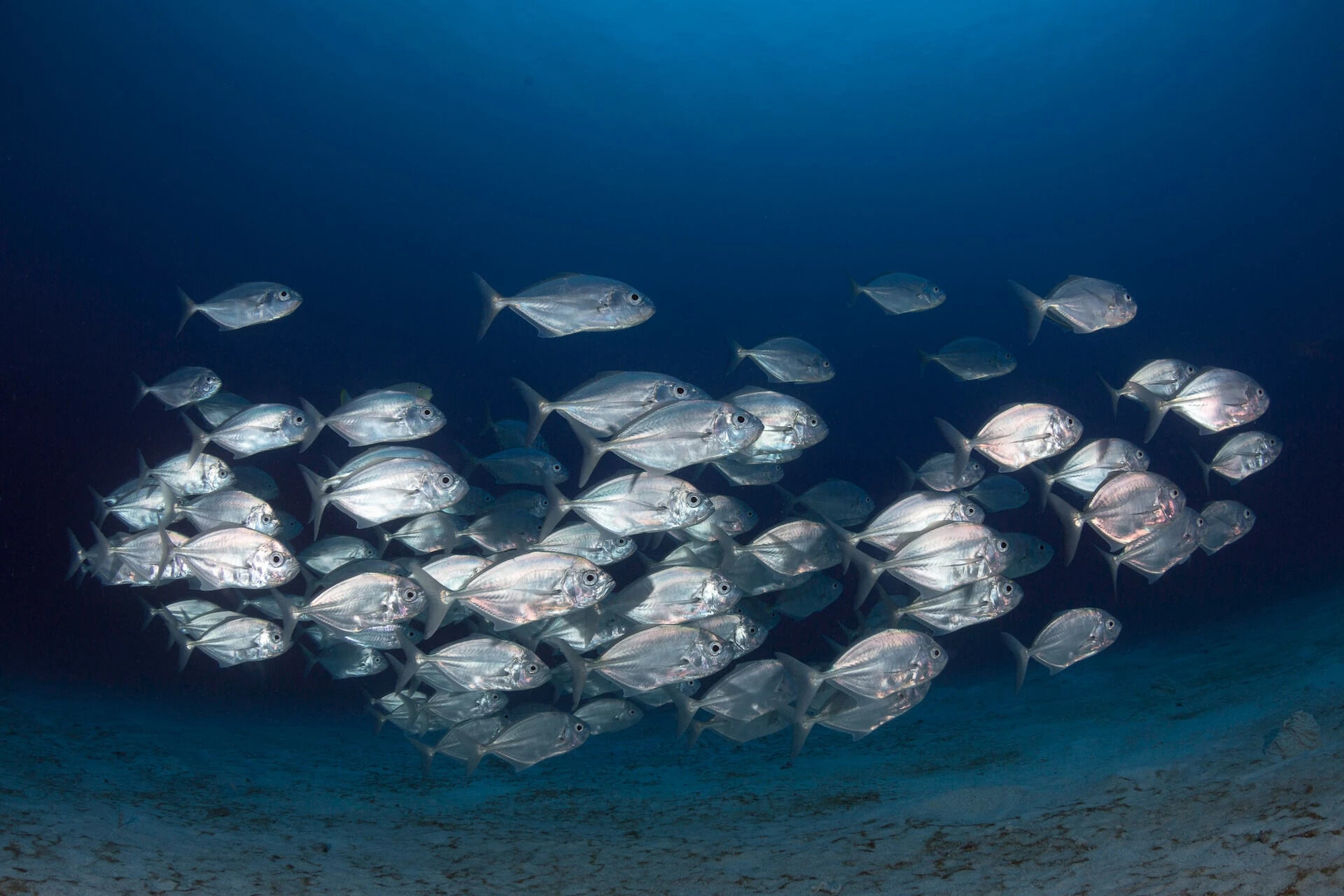
Ever wondered why we celebrate World Tuna Day on May 2nd? World Tuna Day isn't just another day on the calendar; it's a day dedicated to highlighting the importance of tuna conservation and sustainable fishing practices worldwide. Tuna, those sleek swimmers of the sea, play a crucial role in marine ecosystems and are a vital source of food and livelihood for millions. But, with overfishing threatening their existence, recognizing and acting on this day has never been more critical. So, why exactly do we mark this day, and what makes tuna worth celebrating? Let's dive into the fascinating world of these ocean giants and uncover some intriguing facts that underscore the significance of World Tuna Day.
Key Takeaways:
- World Tuna Day, celebrated on May 2nd, raises awareness about the importance of sustainable fishing practices and the economic and dietary benefits of tuna.
- Tuna populations face threats from overfishing and illegal practices, highlighting the need for global cooperation and sustainable conservation efforts.
What is World Tuna Day?
World Tuna Day, celebrated on May 2nd, highlights the importance of sustainable fishing practices to ensure the survival of tuna fish species worldwide. This day encourages nations and individuals to work towards preserving tuna stocks while enjoying the benefits they offer to the marine ecosystem and our diets.
- United Nations Recognition: World Tuna Day was officially recognized by the United Nations in 2016, emphasizing its global significance in promoting ocean sustainability and marine life conservation.
Why Celebrate World Tuna Day?
Celebrating World Tuna Day raises awareness about the critical role of tuna in the marine food chain and the economy. Tuna species are among the most commercially valuable fish, feeding millions of people around the globe.
-
Economic Importance: The tuna industry supports millions of jobs worldwide, from fishing to processing and retail. It's a vital source of income for many coastal communities.
-
Dietary Benefits: Tuna is a rich source of essential nutrients, including omega-3 fatty acids, protein, vitamins, and minerals, contributing significantly to a healthy diet.
The Challenges Facing Tuna Populations
Despite their value, tuna populations face significant threats from overfishing, illegal fishing practices, and habitat destruction. These challenges underscore the need for concerted conservation efforts.
-
Overfishing: Many tuna species are currently overfished, with stocks depleting at an alarming rate due to high demand and advanced fishing technologies.
-
Illegal Fishing: Unregulated and illegal fishing activities further endanger tuna populations, making sustainable management efforts more challenging.
Sustainable Practices to Protect Tuna
Adopting sustainable fishing practices is crucial for the protection of tuna species and the health of the oceans. These practices ensure that tuna populations can replenish and thrive.
-
Fisheries Management: Effective fisheries management involves setting quotas, using selective gear to reduce bycatch, and creating marine protected areas to safeguard tuna habitats.
-
Consumer Choices: Individuals can contribute by choosing tuna products certified by reputable sustainability organizations, supporting responsible fishing practices.
The Future of Tuna Conservation
The future of tuna conservation depends on global cooperation and the commitment of all stakeholders to sustainable practices. Continued efforts are necessary to balance ecological needs with economic interests.
- Global Initiatives: International agreements and collaborations, such as the Tuna 2020 Traceability Declaration, aim to improve transparency, traceability, and sustainability in the tuna supply chain, marking a positive step towards conserving tuna populations for future generations.
A Final Scoop on World Tuna Day
World Tuna Day, celebrated on May 2nd, isn't just another day on the calendar. It's a call to action, a reminder of our shared responsibility towards marine life and ecosystems. Highlighting the importance of sustainable fishing practices, this day urges us to think about the seafood on our plates. Tuna, a vital source of nutrition for millions, faces threats from overfishing and environmental changes. By choosing sustainably sourced tuna, we contribute to the health of our oceans and the well-being of marine species. Let's not forget, every small choice can lead to big changes. So, next time you're at the grocery store, remember the significance of World Tuna Day. It's more than just a celebration; it's a step towards a more sustainable and responsible future for our blue planet.
Frequently Asked Questions
Was this page helpful?
Our commitment to delivering trustworthy and engaging content is at the heart of what we do. Each fact on our site is contributed by real users like you, bringing a wealth of diverse insights and information. To ensure the highest standards of accuracy and reliability, our dedicated editors meticulously review each submission. This process guarantees that the facts we share are not only fascinating but also credible. Trust in our commitment to quality and authenticity as you explore and learn with us.


